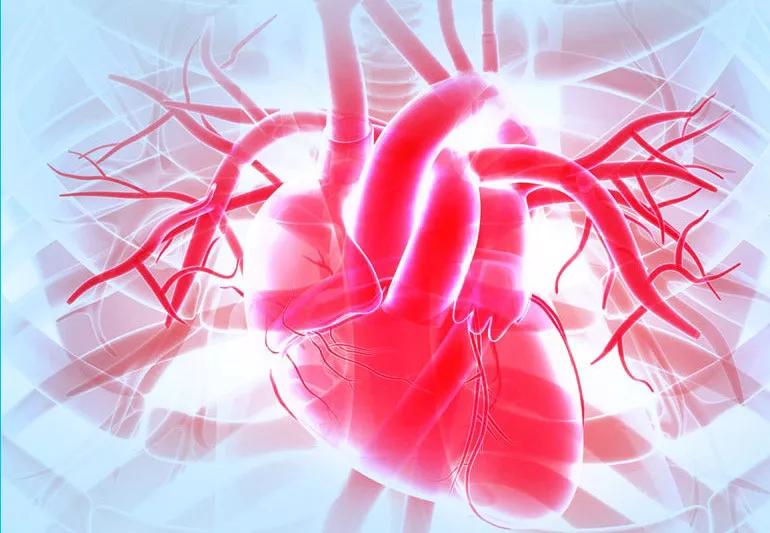Your life depends on this incredible organ doing its job 24/7

Image content: This image is available to view online.
View image online (https://assets.clevelandclinic.org/transform/a9e12655-6647-46cc-aebd-5d2f9e0682c2/heartFacts-cerosHeartPic-770x553_jpg)
Illustration of a heart in a human chest
As you go through your day, you probably don’t spend much time thinking about your heart and all that it’s doing. But let’s take a few moments to appreciate this life-sustaining organ in your chest.
Advertisement
Cleveland Clinic is a non-profit academic medical center. Advertising on our site helps support our mission. We do not endorse non-Cleveland Clinic products or services. Policy
Your heart starts beating well before you’re born and continues its rhythmic work until the day you die. That’s just the start (and end) of its amazing story, though.
Here are a few more heart-related facts, courtesy of cardiologist Brian Griffin, MD.
Advertisement
Advertisement

Sign up for our Health Essentials emails for expert guidance on nutrition, fitness, sleep, skin care and more.
Learn more about our editorial process.
Advertisement
It’s an emergency if the pain doesn’t go away, gets worse or you have other worrying symptoms
Age, sex and genetics are just a few factors that can affect your risk of developing coronary artery disease
Move a little more, eat a little healthier, sleep a little better and destress a lot
Having underweight, having overweight and having obesity can be dangerous for your heart
Avoid smoking, eat a good diet and exercise to prevent your heart from aging prematurely
Unlock the secret of your body’s hardest-working organ
What's good for one is good for the other
What you need to know about BMI, fasting glucose, triglycerides and more
Although it could be used as a moisturizer, this new trend is not recommended
Communicating clear limits helps protect your time, energy and emotional well-being
High cholesterol can be genetic, but testing and treatment can lower your heart disease risk